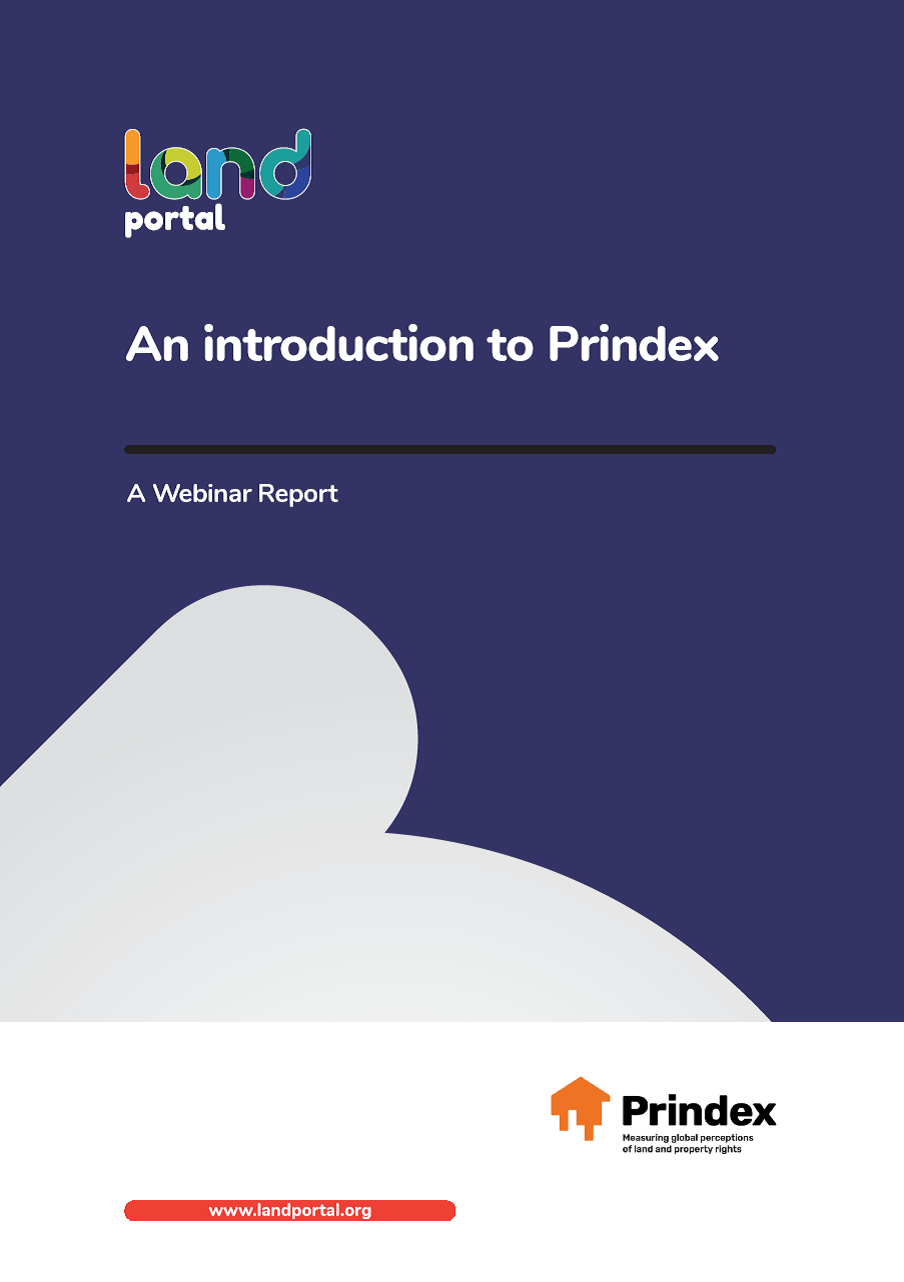Changes in ’Customary’ Land Tenure Systems in Africa
Includes the drivers of change; changes in ‘customary’ land management institutions – evidence from West Africa; changes in intra-family relations; changes in land transfer mechanisms – evidence from West Africa; case study of changes in ‘customary’ resource tenure systems in the inner Niger Delta, Mali. Concludes with implications for policy and practice.





